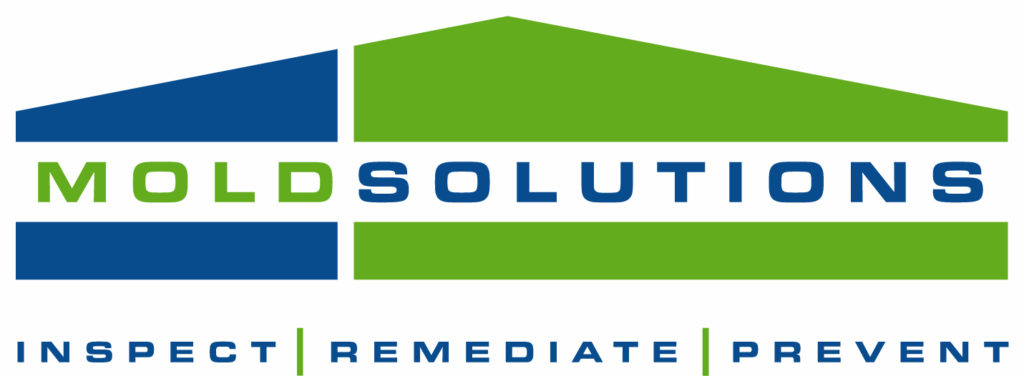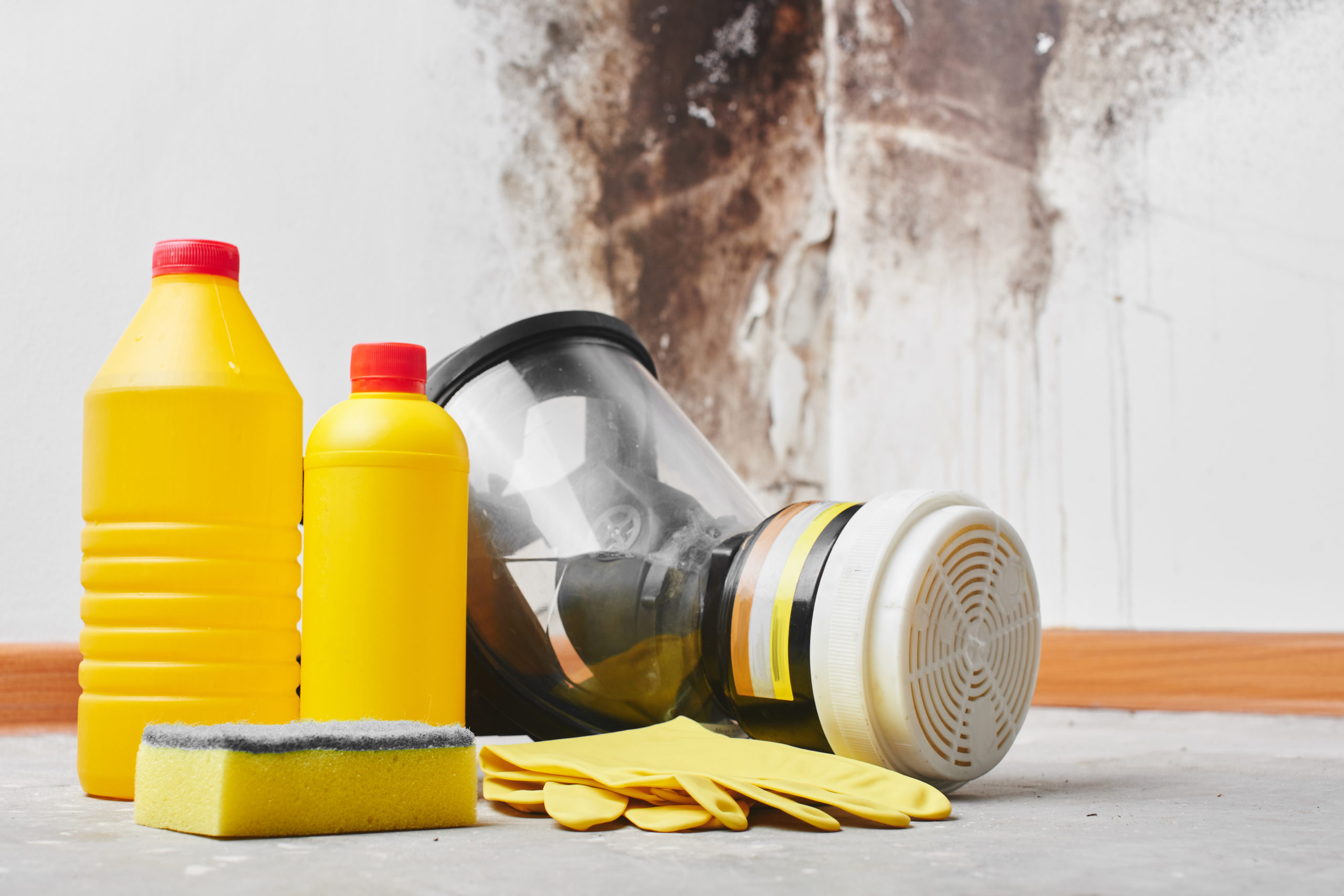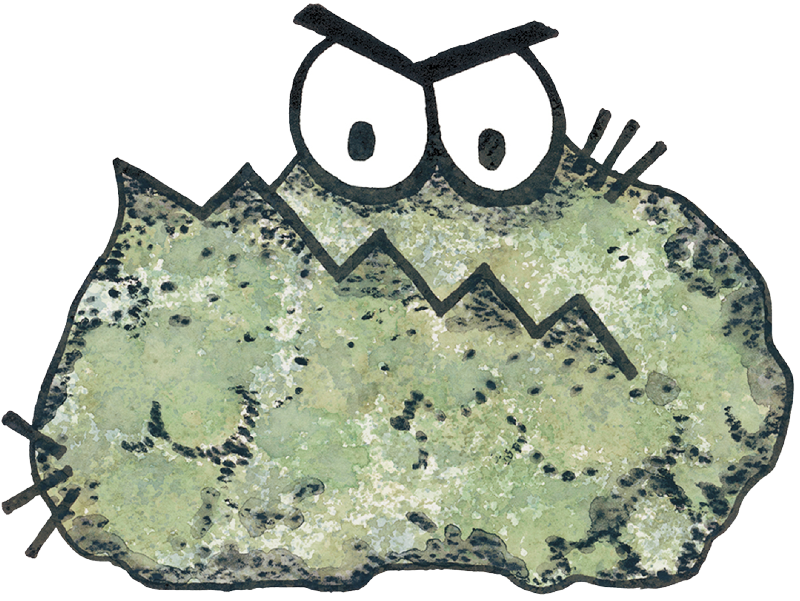Many people think that having mold in their homes is nothing but a sight for sore eyes and that it’s not actually dangerous. But the truth is, certain types of mold, like the Aspergillus, are huge health hazards, and inhaling them can have dire consequences.
So what is Aspergillus mold and how does it affect our health? Read on to find out.
What Is Aspergillus Mold?
Aspergillus mold is a type of fungus that grows in soil, seeds, grains, and decaying vegetation. It’s always present in the air, both indoors and outdoors.
Aspergillus, like many other types of mold, thrives in dark and damp spaces. That’s why we might often find it lurking in AC units and damp or flooded construction materials.
How Aspergillus Affects Health
Most people with healthy immune systems aren’t affected by the presence of Aspergillus in the air. However, those who have respiratory diseases like asthma or allergies can have severe reactions to breathing in the spores.
Long exposure to this type of mold can lead to mild or serious lung infections that can spread to the blood vessels. Once that happens, the treatment process may include anti-fungal medication or even surgery.
What Is Aspergillosis?
When Aspergillus enters a person’s body and causes an infection, it triggers the condition known as aspergillosis. Depending on the type of illness we develop from it, we can have all kinds of symptoms.
Those who have chronic lung conditions are at serious risk of developing aspergillomas or fungal balls. Even though they might not have any symptoms at first, if the exposure continues and they don’t get treatment, they can experience:
- Wheezing
- Sudden weight loss
- Violent cough that brings up blood
- Fatigue
Mold Allergy
If we’re allergic to mold, we can experience symptoms like sneezing, wheezing, coughing, or congestion. But in the case of aspergillosis, the mold spores will travel down to the lungs, triggering an asthma attack.
Those who have a weakened immune system might also experience a fever or have strong coughs that bring up blood.
There’s also new research that shows how easily the Aspergillus spores can trigger an allergic inflammation and cause asthma.
Who Is at Risk?
These are the factors that make us more susceptible to aspergillosis:
- Weakened immune system — Those who have certain types of blood cancer or are taking immune-suppressing drugs are at a high risk of developing the infection.
- Cystic fibrosis or asthma — People who suffer from either of these chronic conditions are more likely to experience an allergic reaction to the mold.
- Low white blood cell levels — Patients who are undergoing chemotherapy or have leukemia are more susceptible to getting invasive aspergillosis.
Preventing a Mold Allergy
The best way to avoid developing a mold allergy is by keeping the fungus out of our homes. For starters, we need to ensure that all rooms are well-ventilated and that the humidity levels are always under control.
Also, we should perform moisture checks from time to time, keeping an eye out for condensation. But most importantly, if we have a leak in our homes, we should deal with the problem right away.
For more information on how to keep mold out of a home, take a look at this article.
How Mold Solutions Can Help
There’s nothing good about having mold in your home. No matter if you’re allergic, have asthma, or just hate the sight of it, getting rid of the Aspergillus should be your top priority. Luckily, the experts at Your Mold Solutions can help.
We will come to your home and perform an assessment before giving you a quote and a plan of action. In addition to treating the problem, we will also employ preventive coating measures to ensure that it doesn’t come back.
So what are you waiting for? Pick up the phone and call Mold Solutions today!








